Postcolonialism (In 3 Volumes)
Synopsis
Read more
This volume studies the deformation methodologies that the established canons underwent at the turn of the twentieth century. Foucault and Said, originate as they do from Marx, expound strategies that have colonized people in spaces which constitute historical darkness. Power-knowledge paradigms and a shift in the ontological status have redefined older values, systems and ethics in a new way. Edward Said is a mastermind highlighting economic, military and strategic interest of the West that evolved into rhetoric of freedom under the garb of Empire. Because of the accessibility of the channels of the flow, peripheries in the Third World countries have become wiser, and as a consequence, are redefining nations and their subsequent narrative.
Emerging Grammars studies newly born forms of resistances which carry an internal conflict within systems, societies and nations. The emergence of the subaltern, feminist studies and the primacy given to literatures from South Africa, Caribbean Islands, Latin American Countries and South East Asia speaks volumes for the emergence of such resistances. Fanon’s pioneering work in this regard gave a new consciousness to those deprived and marginalized for ages. Gramsci’s concept of cultural hegemony carefully shows hegemony as inbred into human societies. Homi Bhabha brings about new paradigms for the constitution of nation and the criteria of national identity.
Because of a radical change in perception, the continuity of various kinds of resistances had led to the discovery of a sublime which, earlier, was covered under periods of historical darkness. Charu Sheel Singh’s poetry, novels from South Africa and Caribbean Islands and Latin American poetry are a testimony to the fact that Western/European colonial powers destroyed naïve histories in colonies they overruled. In great moments of self rediscovery the writers in this get back to the origin and uphold nativity rhymes that create a nation. The father of such radical emergences is decidedly Karl Marx whose Critique of Political Economy put up-side-down the bourgeoisie notions of the concept of social welfare.
175.50
157.95
$
195.00 $
Free delivery Wolrdwidе in 10-18 days
Ships in 1-2 days from New Delhi
Membership for 1 Year $35.00
Get it now and save 10%
Get it now and save 10%
BECOME A MEMBER

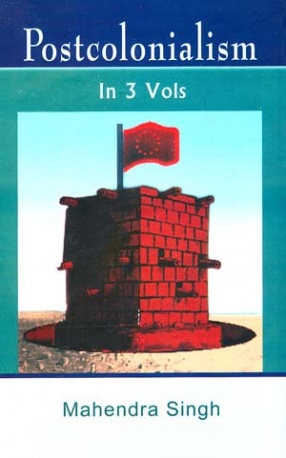
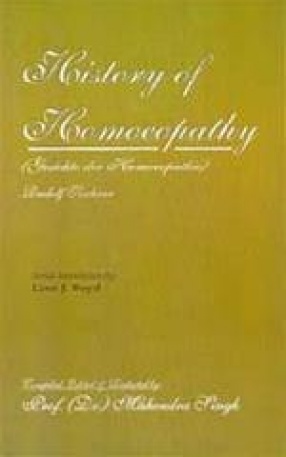
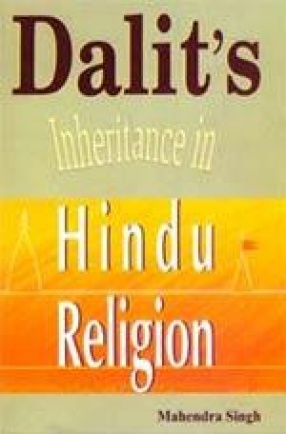



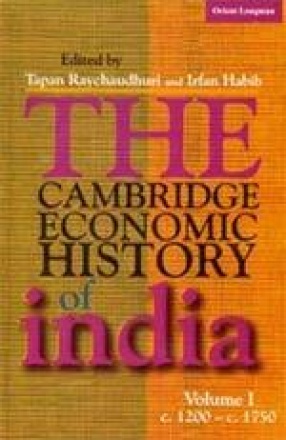
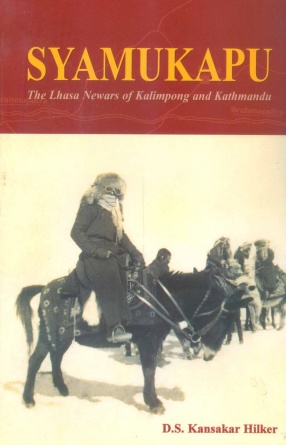

Bibliographic information